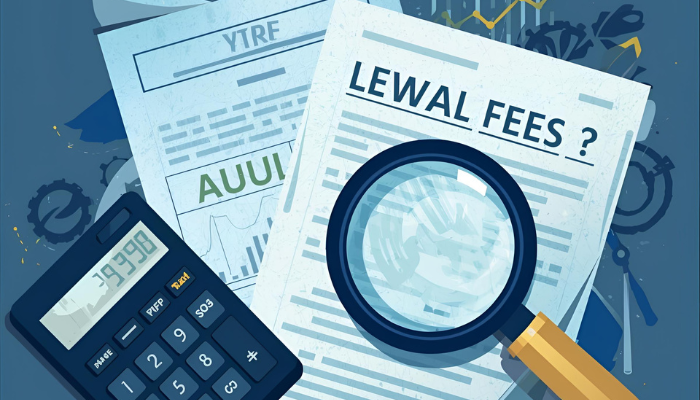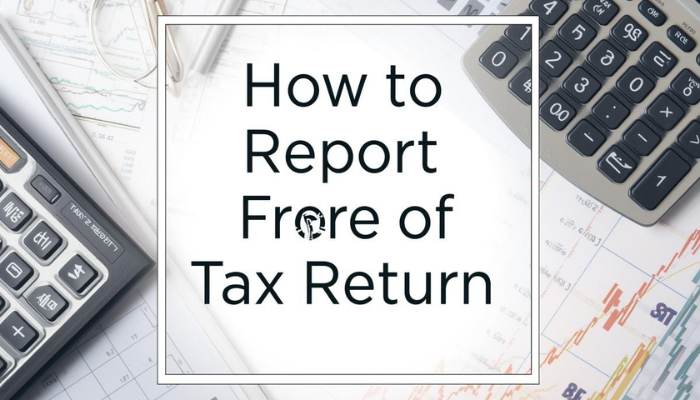
Are Legal Fees Tax Deductible?
Comprehending tax deductions can be tricky for individuals and businesses alike, especially if it is about legal expenses. Being a taxpayer, you may think about ‘Are legal fees tax deductible?’
The response depends on the nature of the legal concern. Besides, this tax deduction is based on the type of your business, investment, and other monetary matters.
L&Y Tax Advisors is at your service to elaborate ‘Are legal fees tax deductible?’ with respect to different scenarios.
What are Legal Fees?
Legal fees refers to the payments made for:
- Attorney services
- Court costs
- Legal advice, or
- Other law-related representation
The legal fees may also include matters such as:
- Business contracts
- Litigation
- Real-estate disputes
- Investment property management
- Estate matters
The type of legal fee matters greatly for tax purposes, whether it is linked to purely personal affairs or income-producing activity.
Are Legal Fees Tax Deductible?
Under Internal Revenue Code §162(a), legal fees are deductible if they are ‘ordinary and necessary’ expenses related to a business or trade. But, legal fees tied to personal concerns are not deductible.
For instance, legal fees incurred in connection with estate planning or divorce have generally been disallowed. The key is whether the expense is directly related to
- Generating taxable income
- Conducting a business
- Investment activity
Read: What is a VAT number in the US?
Are Legal Fees Tax Deductible for Individuals?
For individuals who are not running a business, the options are limited. Legal fees tied to personal matters are generally non-deductible. These private concerns can be:
- Divorce
- Child custody
- Personal injury
- Buying a home
The Tax Cuts and Jobs Act (TCJA) has eliminated many miscellaneous itemized deductions subject to the 2% of AGI floor. Many previously deductible personal legal costs can no longer be claimed.
But, if an individual incurs legal fees associated with income-producing property (such as a rental) or as part of business or trade activities, deduction on Schedule E or Schedule C may apply.
Are Legal Fees Tax Deductible for Business?
Yes, legal fees incurred by a business are deductible if they are ordinary and necessary to its operations. Examples include fees for:
- Defending a business lawsuit
- Drafting contracts
- Handling employment disputes
- Seeking tax advice for a business
The business must properly:
- Document the expense
- Ensure its connection to the business activity
- Report it on the correct tax form, like:
- Schedule C for sole proprietors
- Business tax return for corporations/partnerships
Read: What is tax yield?
Are Legal Fees Tax Deductible for Investment Property?
Legal fees associated with investment property can also be deductible. It generally qualifies on Schedule E if the legal expense is tied to the property’s:
- Management
- Conservation
- Maintenance
In contrast, legal costs that involve acquiring or perfecting title (capital expenditures) should be added to the property’s basis instead of immediate deduction.
Are Legal Fees Tax Deductible for a Deceased Estate?
Legal fees incurred in establishing or administering an estate of a deceased person are generally considered personal or capital in nature. The fees are not deductible as an expense against income. Instead, they may be capitalised into the estate or inherited property’s basis.
Such costs are not included in a trade or business or income-producing activity. Therefore, they are usually ineligible for deduction.
The Bottom Line
So, are legal fees tax deductible?
Legal fees are only tax deductible when they directly support business operations or income-producing activities. Besides, they must meet the standard of ‘ordinary and necessary.’
Based on the current laws, personal legal expenses are generally non-deductible. Still if you are unsure whether your legal fees qualify, reach out to our competent professionals. We guarantee proper classification and maximize your eligible tax savings.


